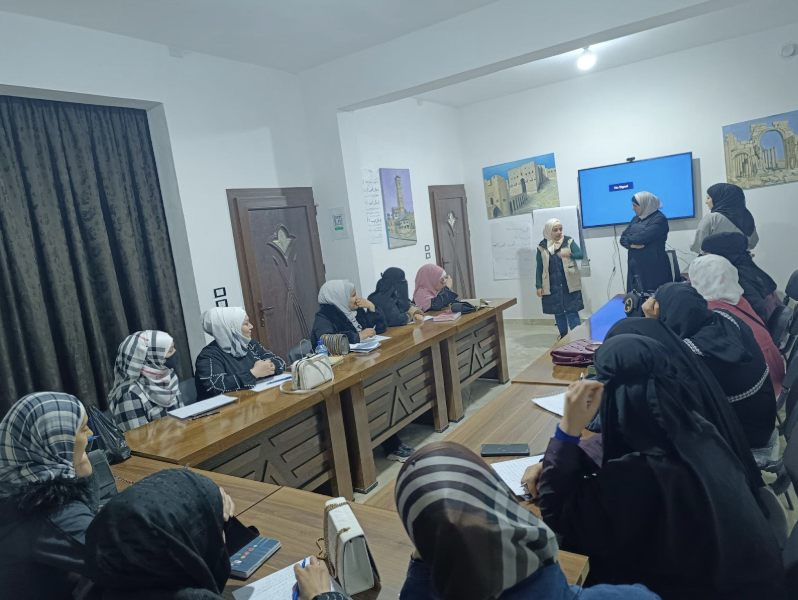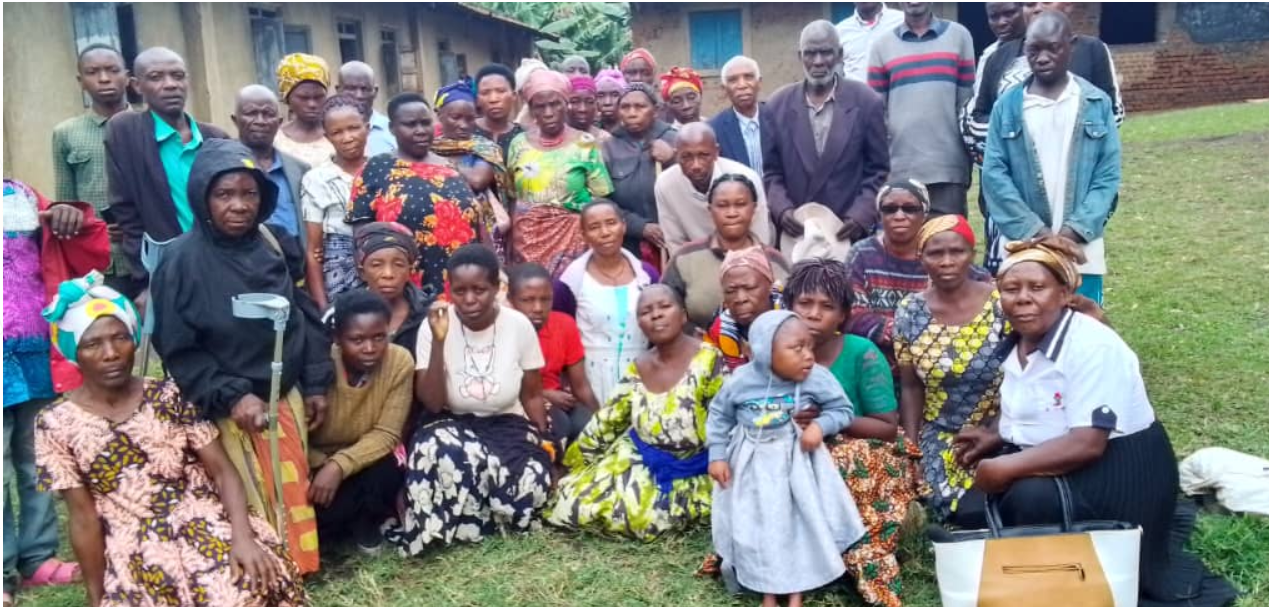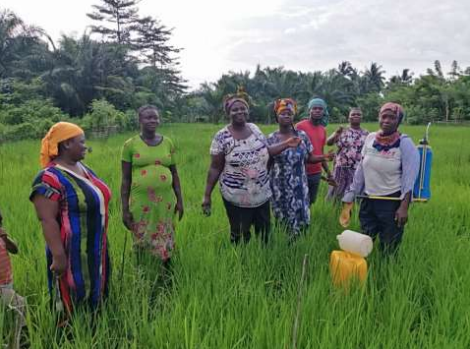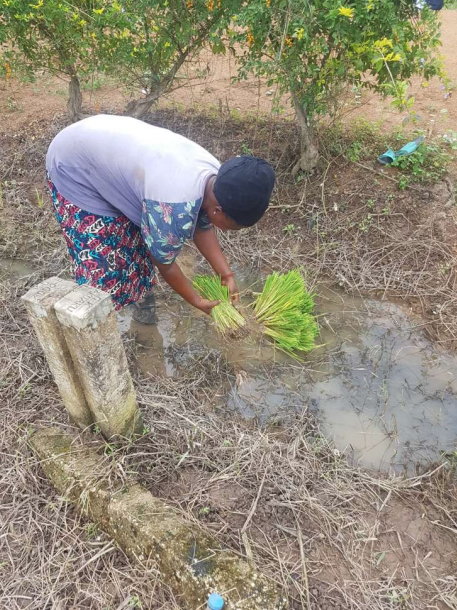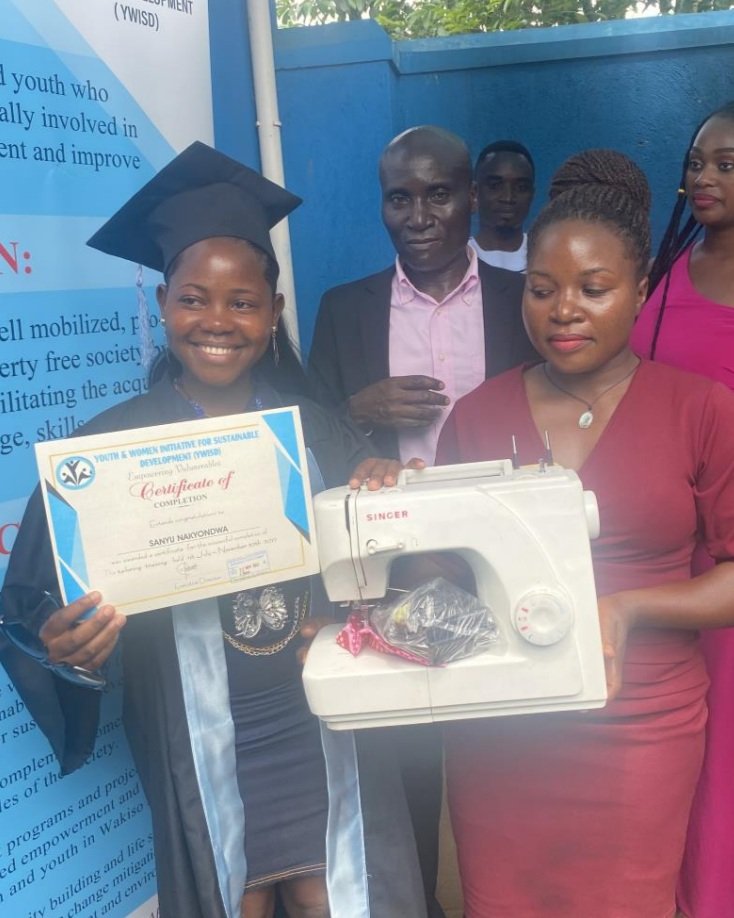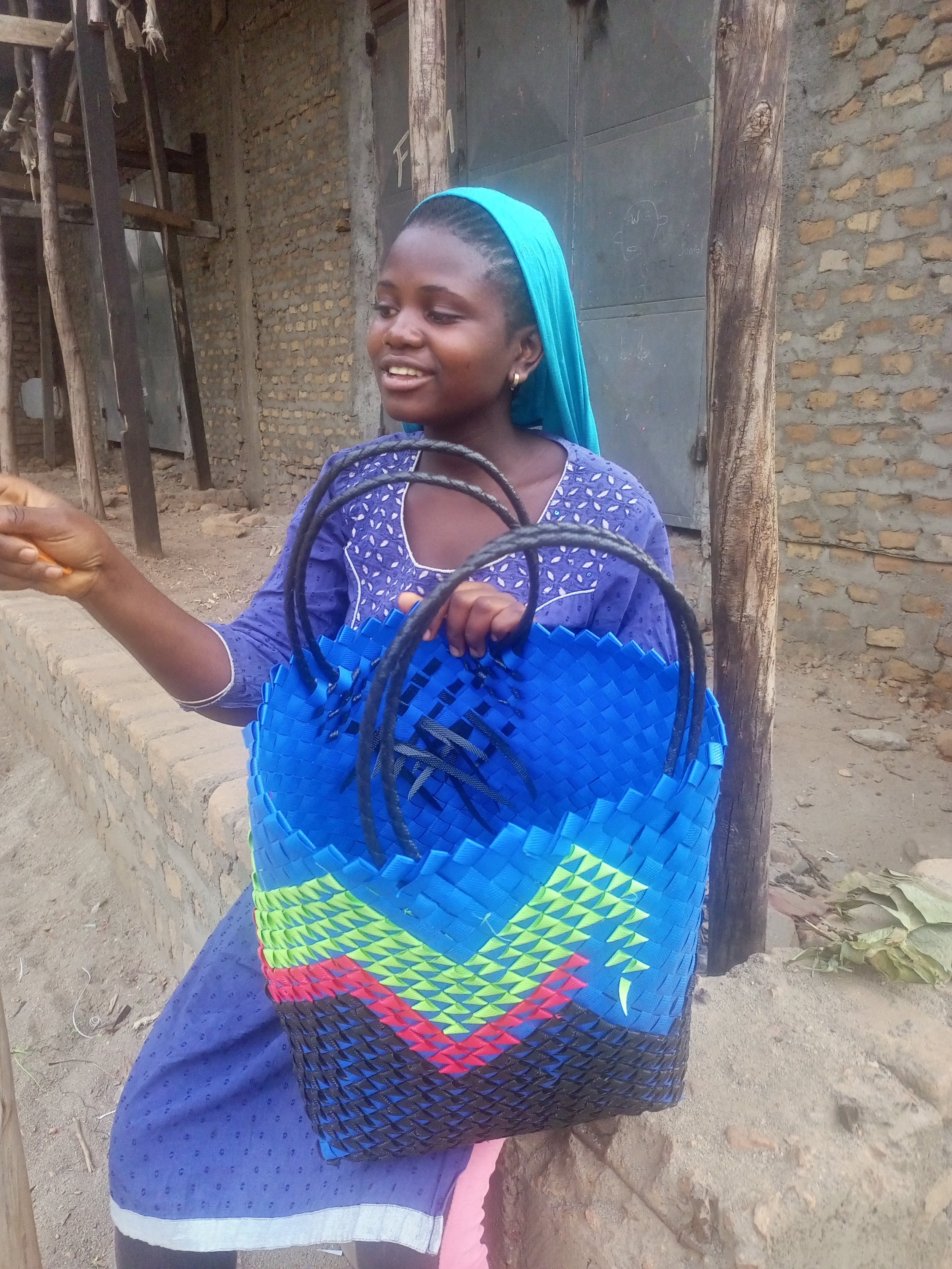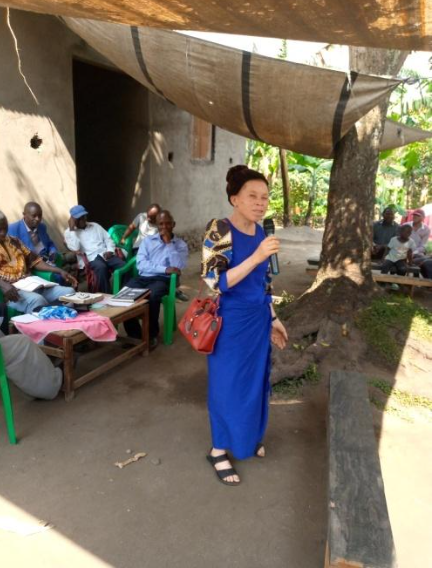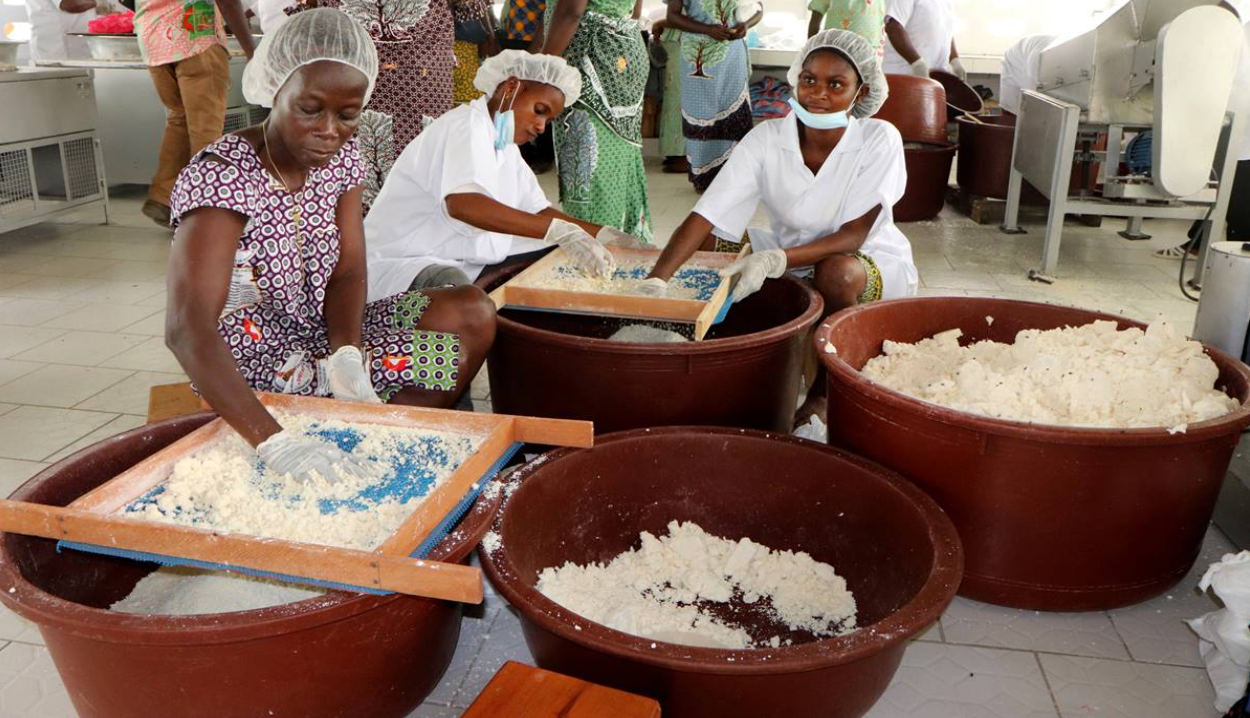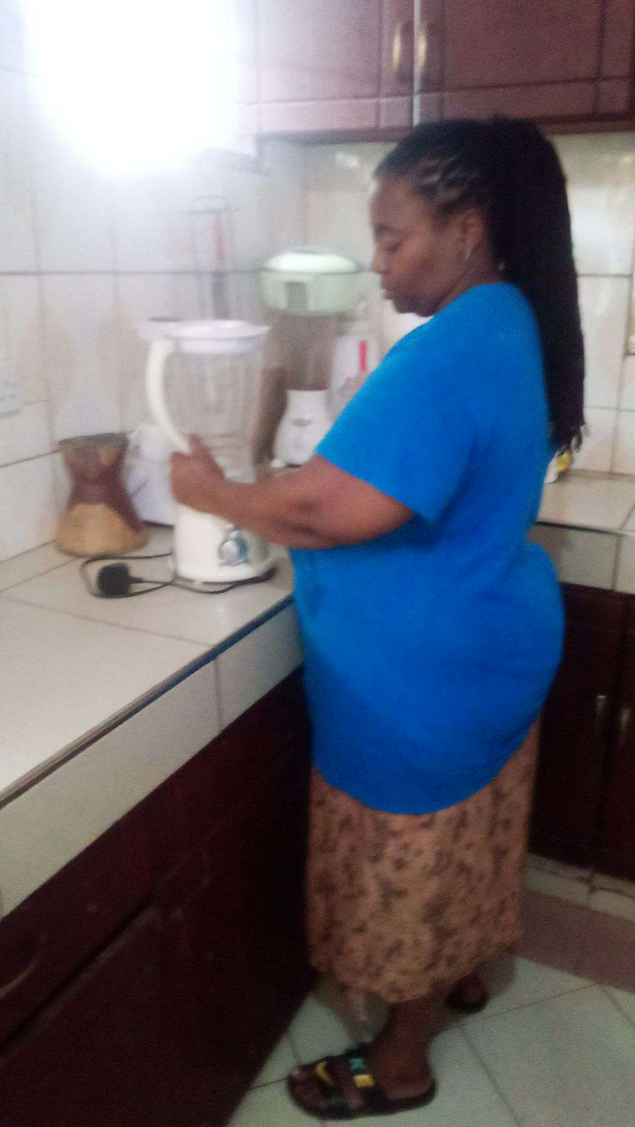Globally, an estimated 500 million individuals lack proper access to menstrual products and facilities, a challenge that is particularly acute in the Democratic Republic of Congo. Over the last year, Rockflower, in partnership with SOFDI in the DRC and Womenchoice Industries in Tanzania have been working to address this issue through a pilot project that takes a holistic approach to providing sanitary products whilst at the same time creating educational and economic opportunities to address some of the root causes of this problem.
In the DRC, the lack of access to menstrual products coupled with high poverty rates create formidable barriers to young girls and women being able to effectively manage their menstrual cycles. With nearly 62% of Congolese society living on less than $2.15 a day, makes the monthly cost of $2-$3 for disposable pads completely out of reach for many families. This economic strain forces many girls to miss school during their periods or resort to unsafe menstrual practices, perpetuating a cycle of poverty and marginalization.
Period poverty is a challenge that affects every aspect of women’s lives. Inadequate sanitary facilities and the high costs of menstrual products exacerbate educational and health disparities, disproportionately affecting girls creating setbacks for future opportunities.
SOFDI has now completed a full report on the recent joint project and it provides valuable insights and practical lessons into the state of menstrual health in the DRC. The study found significant gaps in menstrual knowledge; for example, in the Uvira community, less than three-quarters of respondents understood menstruation as a normal physiological process.
Additionally, the study highlighted the dire consequences of inadequate menstrual hygiene facilities. In some regions, laws mandate that menstruation be managed in separate facilities. However, many schools only provide a single bathroom for all students and staff, leaving menstruating individuals with no appropriate space to attend to their needs. In Kazimia, 36.6% of girls identified the lack of proper facilities at schools as a major barrier to attendance, with the risk of sexual and gender-based violence cited by 15.4% as a further deterrent.
However, simply providing menstrual products to those who menstruate will not solve the problem alone. A holistic approach, including standardized education and community conversations is needed.
The foundation of the project was for SOFDI and Womenchoice Industries to work together to introduce the Salama Pad, a reusable sanitary pad, created and sold by WomenChoice to these communities in the DRC. Salama Pads come in sets of five and are sold for approximately $5 and can be reused for several months. By doing this in tandem with comprehensive education and practical knowledge they were seeking a holistic solution to this challenge. Made from locally sourced materials, these pads reduce the health risks associated with poor menstrual hygiene and offer an environmentally friendly and more affordable alternative to disposable products.
The initiative's reach has been extensive, providing training and resources across several districts. Educational workshops have equipped over 100 women and girls with crucial knowledge on menstrual and reproductive health, coupled with skills in entrepreneurship. These sessions are vital in building a supportive community where menstrual health is openly discussed and managed.
Moreover, the project has catalyzed community discussions around menstrual health. These conversations are vital in reshaping perceptions and ensuring that menstruation is recognized as a natural, not shameful, part of life.
The community's response has been overwhelmingly positive, with many women expressing relief at the reduced cost and increased safety of the Salama Pads compared to disposable options. The project has sparked significant community engagement, with men and boys also participating in discussions, breaking down long standing taboos.
In total, 6,224 quantitative interviews were carried out: 2,601 with girls, 2,601 with their guardian, and 1,022 with boys. Of the girls interviewed 73.8%, declared that when they first saw their period at school, they immediately left school and returned home. Only 2.5% of girls stayed at school until the end of the day. One in two girls, or 51.2%, usually uses a torn piece of clothing and only 30.8% usually uses a sanitary napkin.
As this project concludes, the success stories and positive feedback underscore the transformative power of addressing menstrual health head-on. Rockflower remains dedicated to supporting and expanding such initiatives, understanding that true gender equality begins with ensuring every woman and girl can manage her menstrual health with dignity.
Join us in supporting these vital efforts to empower women and girls in the DRC and beyond, as we continue to fight for a world where menstrual health is not a barrier to education or a cause for discrimination.

